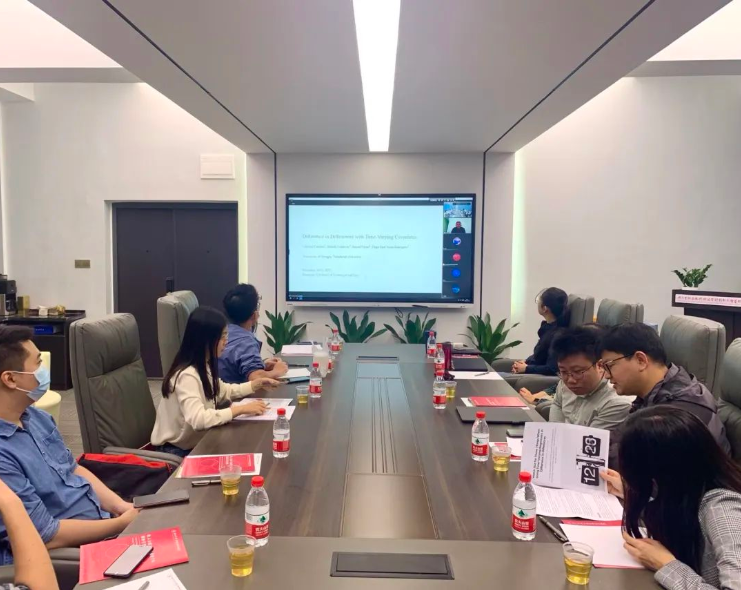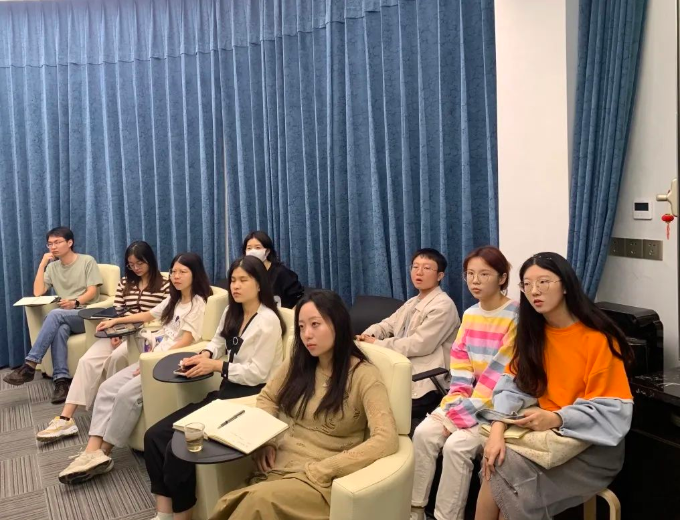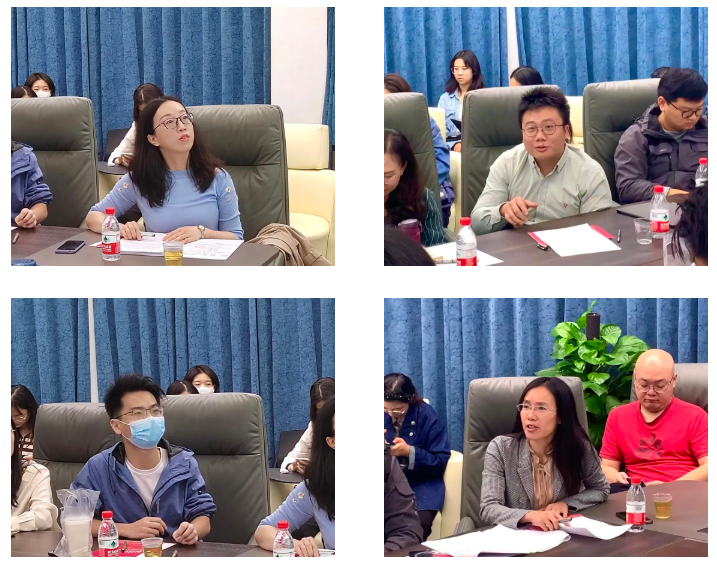
The 28th Xi Xian Forum on Income Distribution and Public Finance, co-organised by ZUEL and the School of Public Finance and Taxation, was successfully held on 11 November 2022 in Conference Room 119, Wenqin Building. Dr Brantly Callaway, Assistant Professor of Economics at the University of Georgia, was invited to deliver a keynote speech on "Differences in Differences with Time-Varying Covariates" as the keynote speaker of the 28th Xi Xian Forum. The forum was chaired by Professor Ma Yuanyuan, Director of IIDPF's Centre for International Exchange and Cooperation. Over 160 faculty and students, including Professor Xu Juan from the School of Statistics and Mathematics, Associate Professor Wang Chuan, Associate Professor Sun Yangfan, Associate Professor Huang Weiguo, Associate Professor Zhou Weilun from the Wenlan Business School, Associate Professor Yu Xiumei and Associate Professor Zhang Ziyao from the School of Public Finance and Taxation, Associate Professor Wang Junpeng from the School of Public Administration and all the researchers from the base, attended the forum through online and offline means.

Previous econometric studies have identified some problems in the setting of two-way fixed effects double difference models, i.e. the heterogeneity of the sample can lead to inaccurate estimation of experimental results when there are multiple time periods or variations in treatment time. Dr. Callaway has also argued that time-varying covariates should not be included in empirical studies because they may be influenced by the experiment and become a form of Bad Control. Control. Under the conditional parallel trend assumption, he proposes the Cov-Exogeneity and Cov-Unconfoundedness assumptions. In addition, Dr. Callaway points out that even in a two-period DID setting (without heterogeneous treatment effects), two-way fixed effects have many limitations in the face of time-varying covariates, leading to misleading parameter estimates of causal effects. Further, he argues that two empirical strategies, Doubly Robust Estimand and Regression Imputation, can be used to test the problems in two-way fixed effects and are more practically feasible.

Dr. Callaway's lecture aroused the interest and resonance of the faculty and students in the audience, who actively exchanged and discussed issues around identification strategies, model estimation and other issues in depth.
